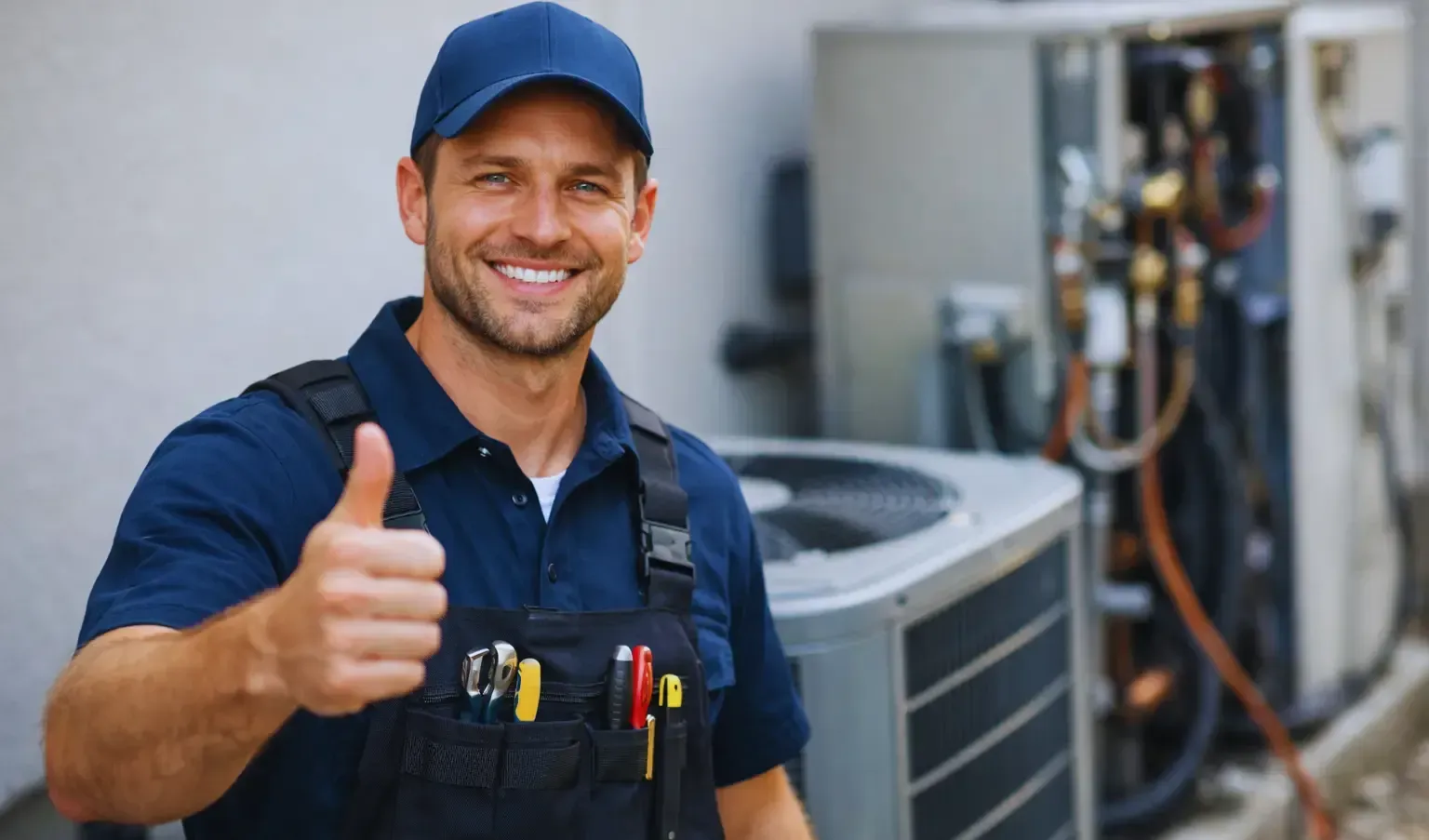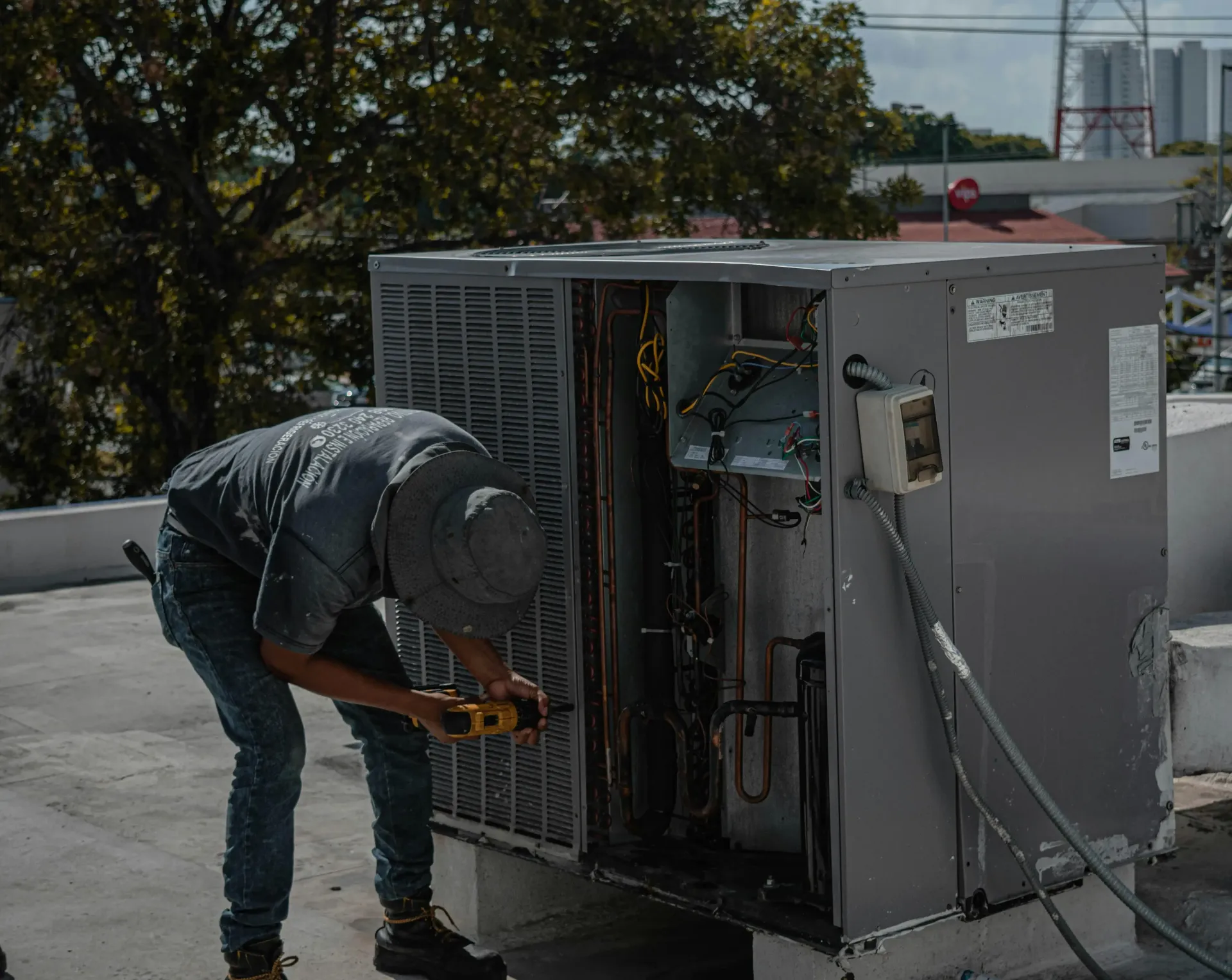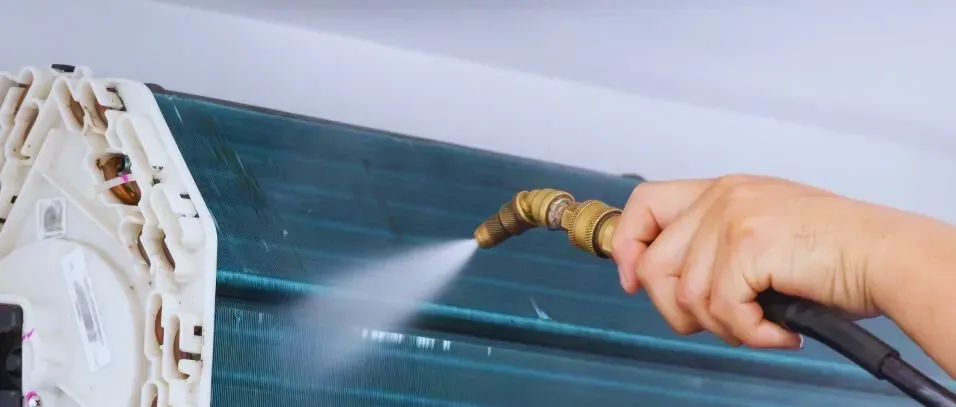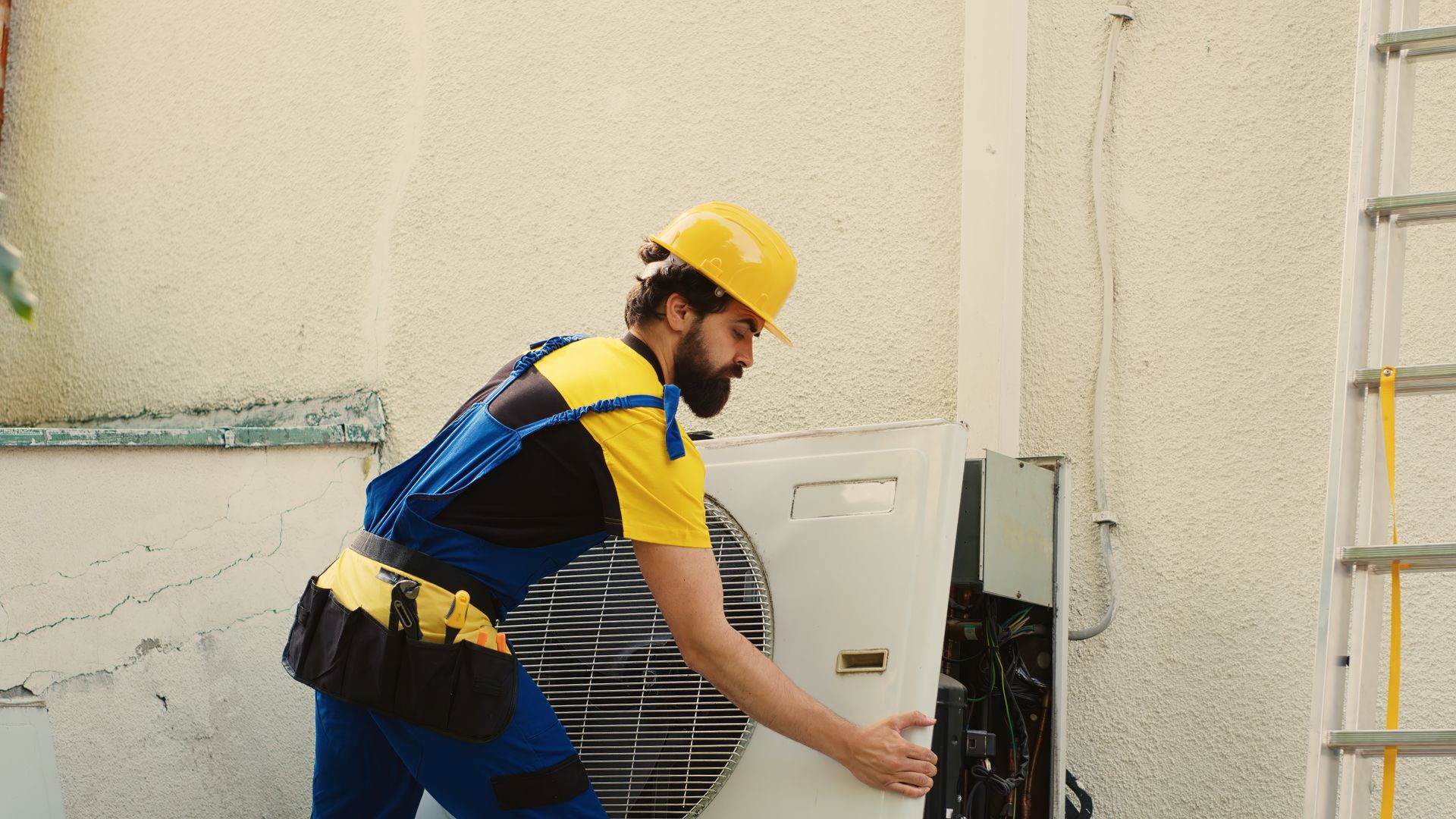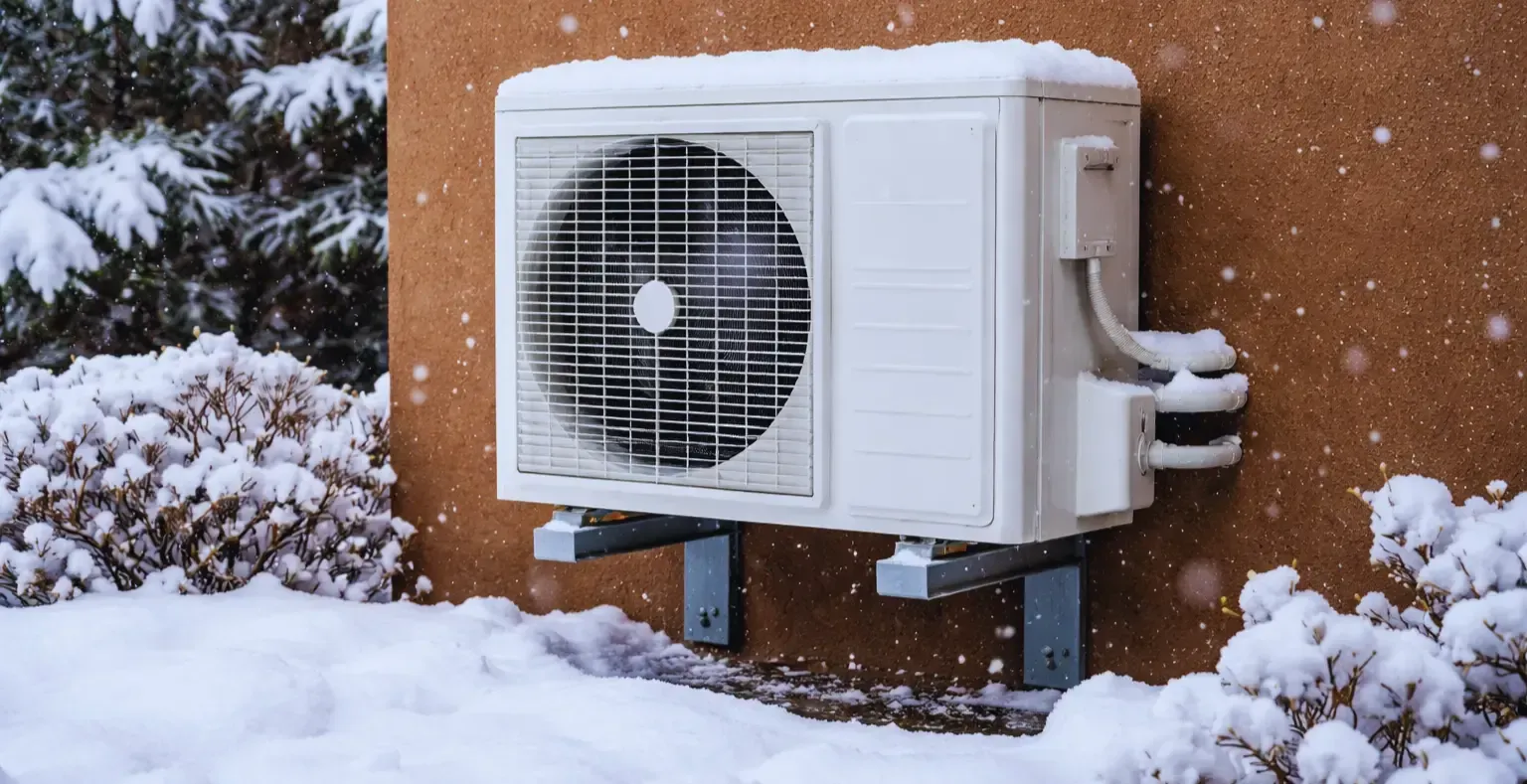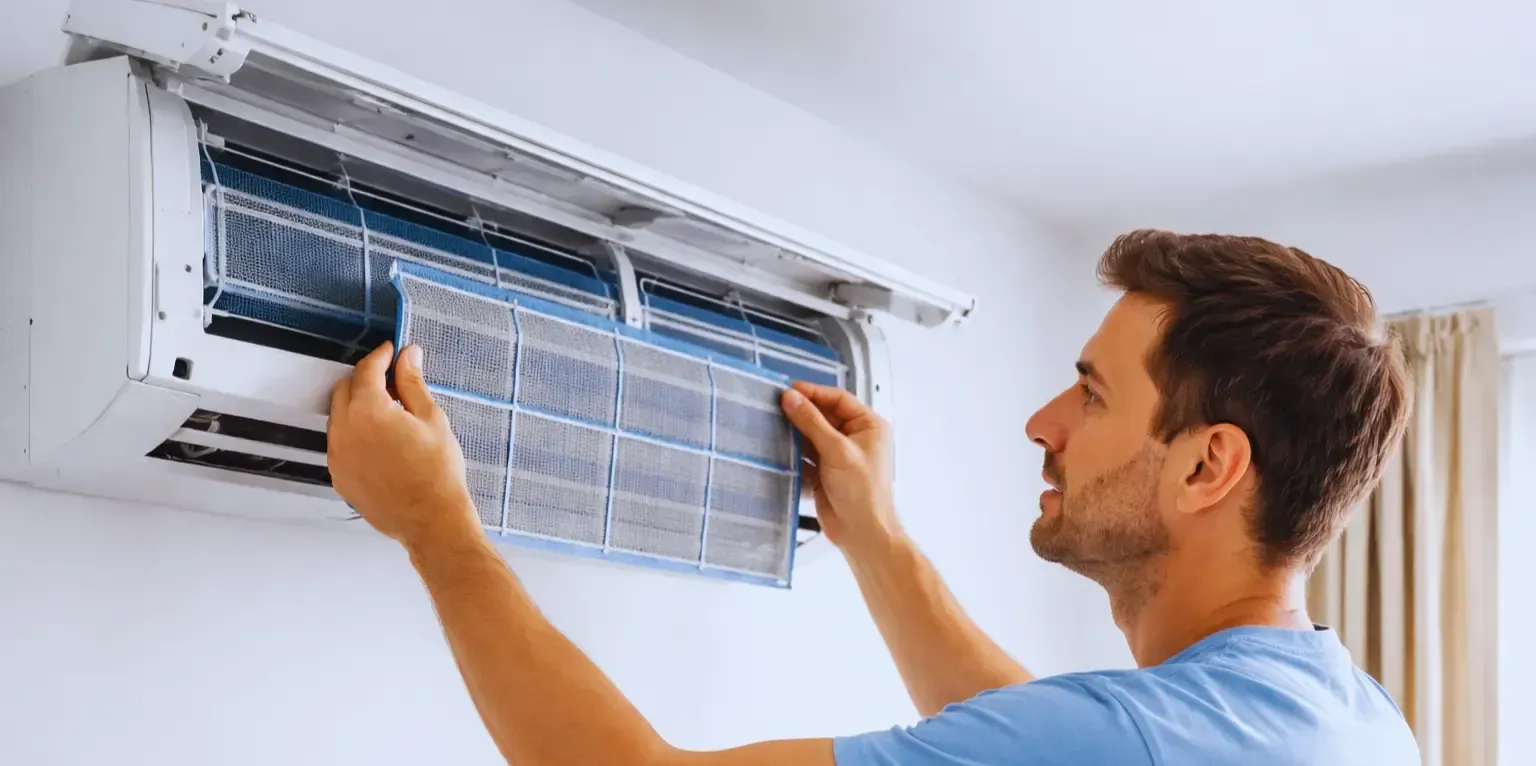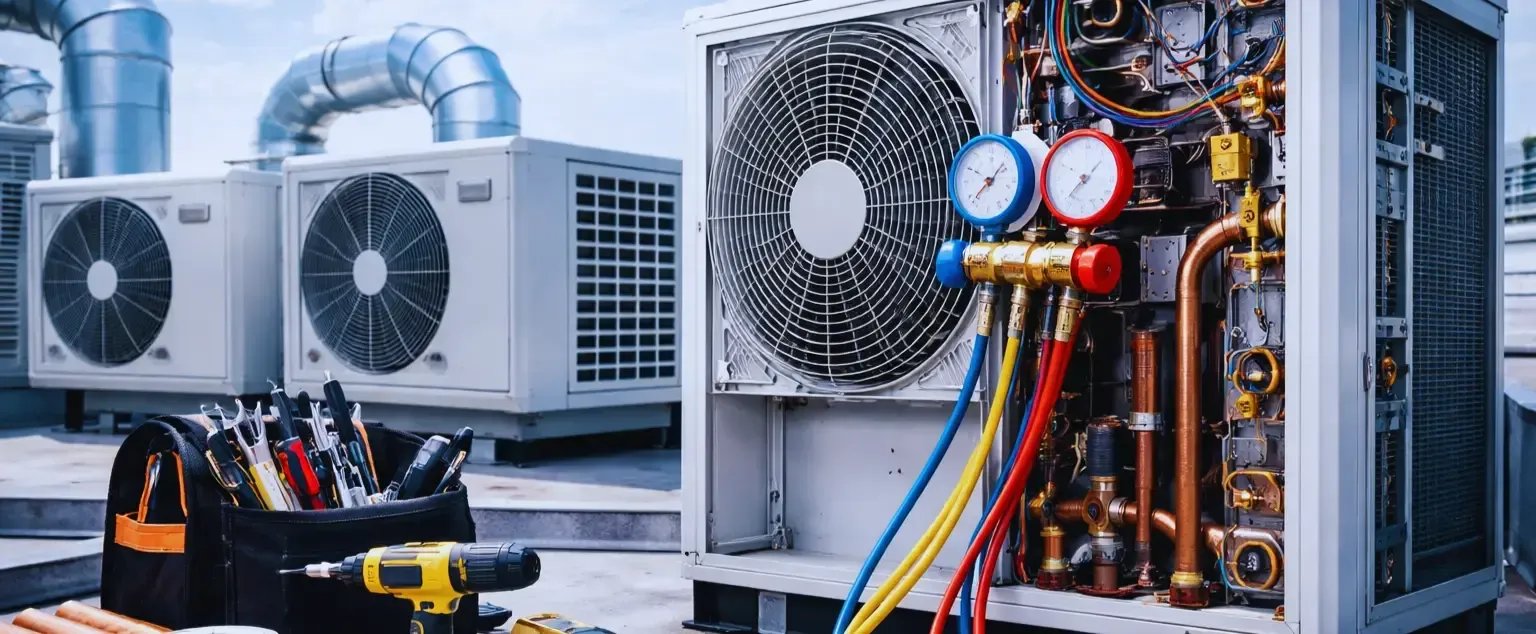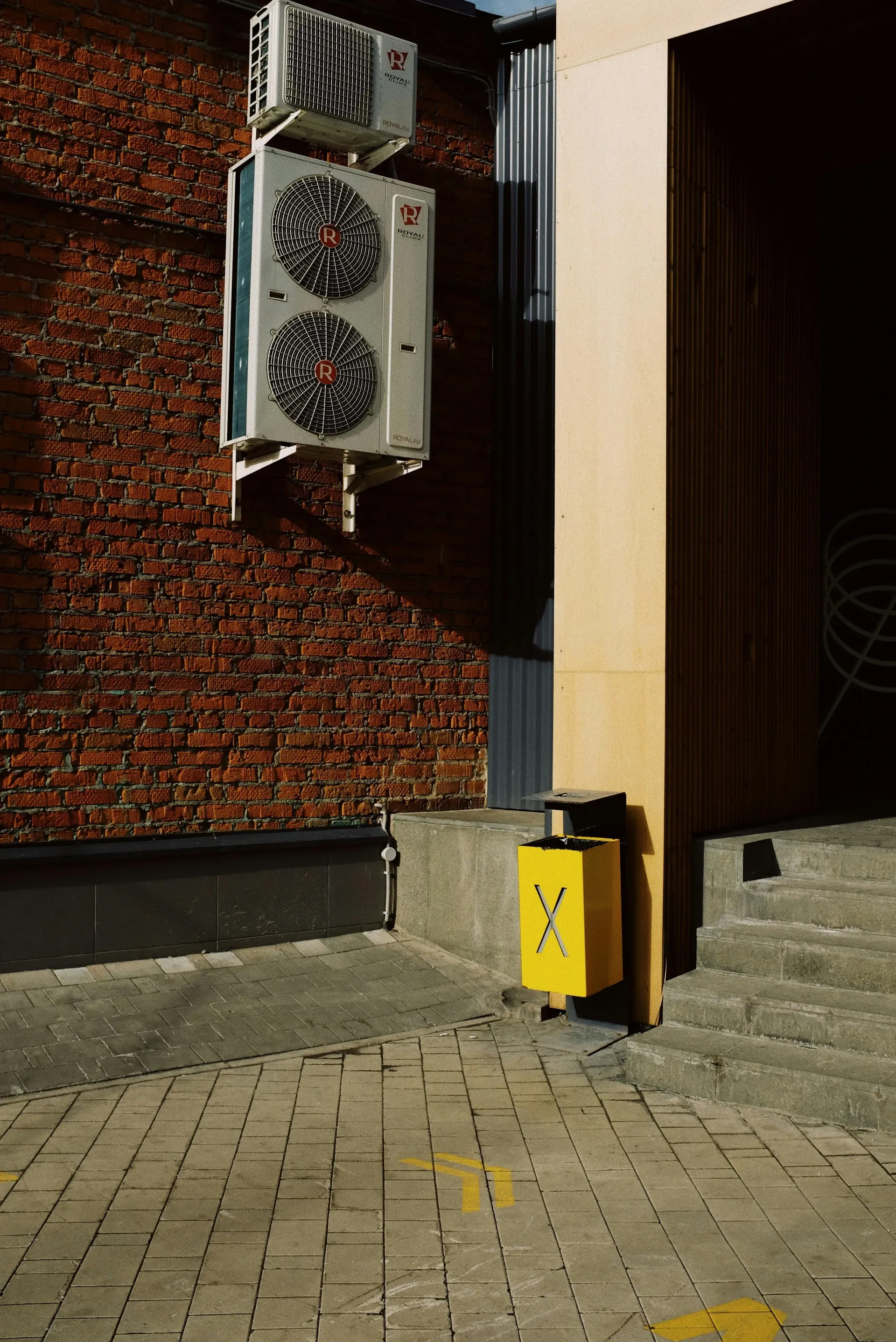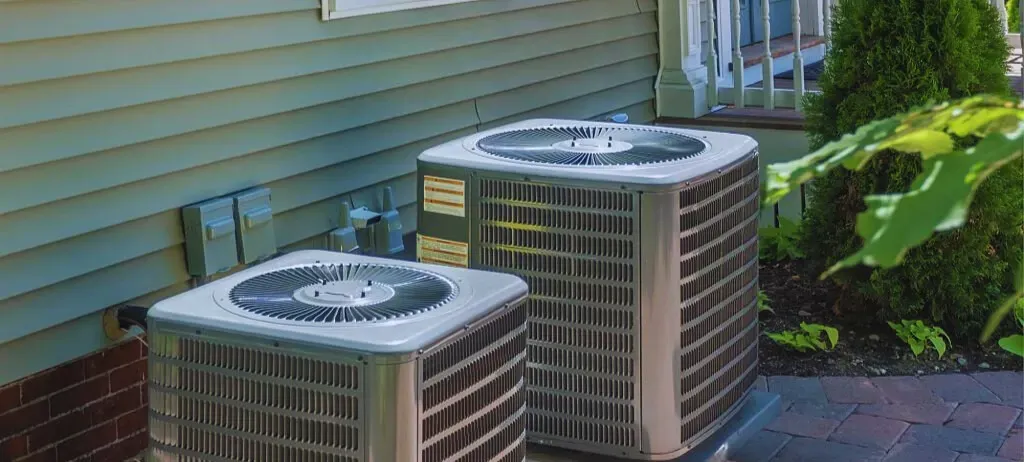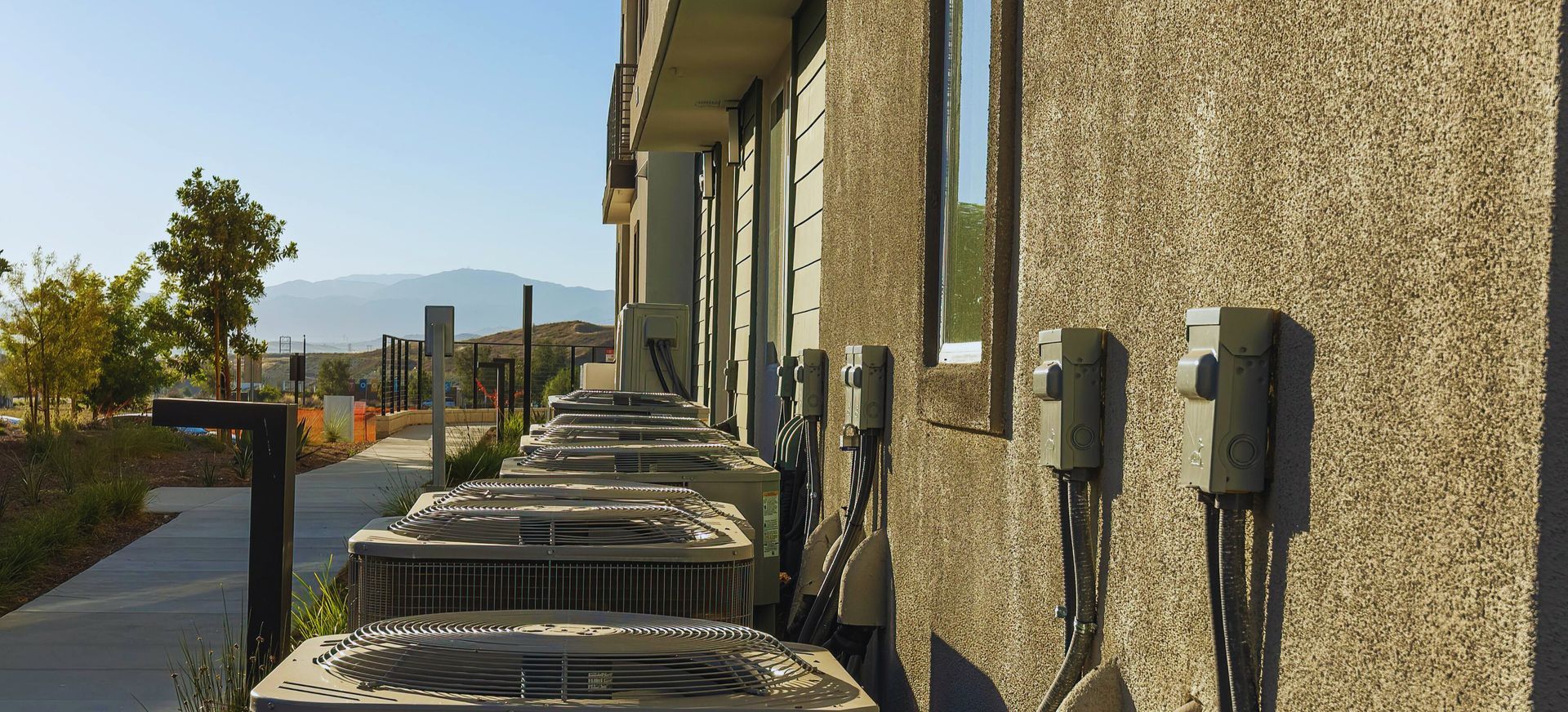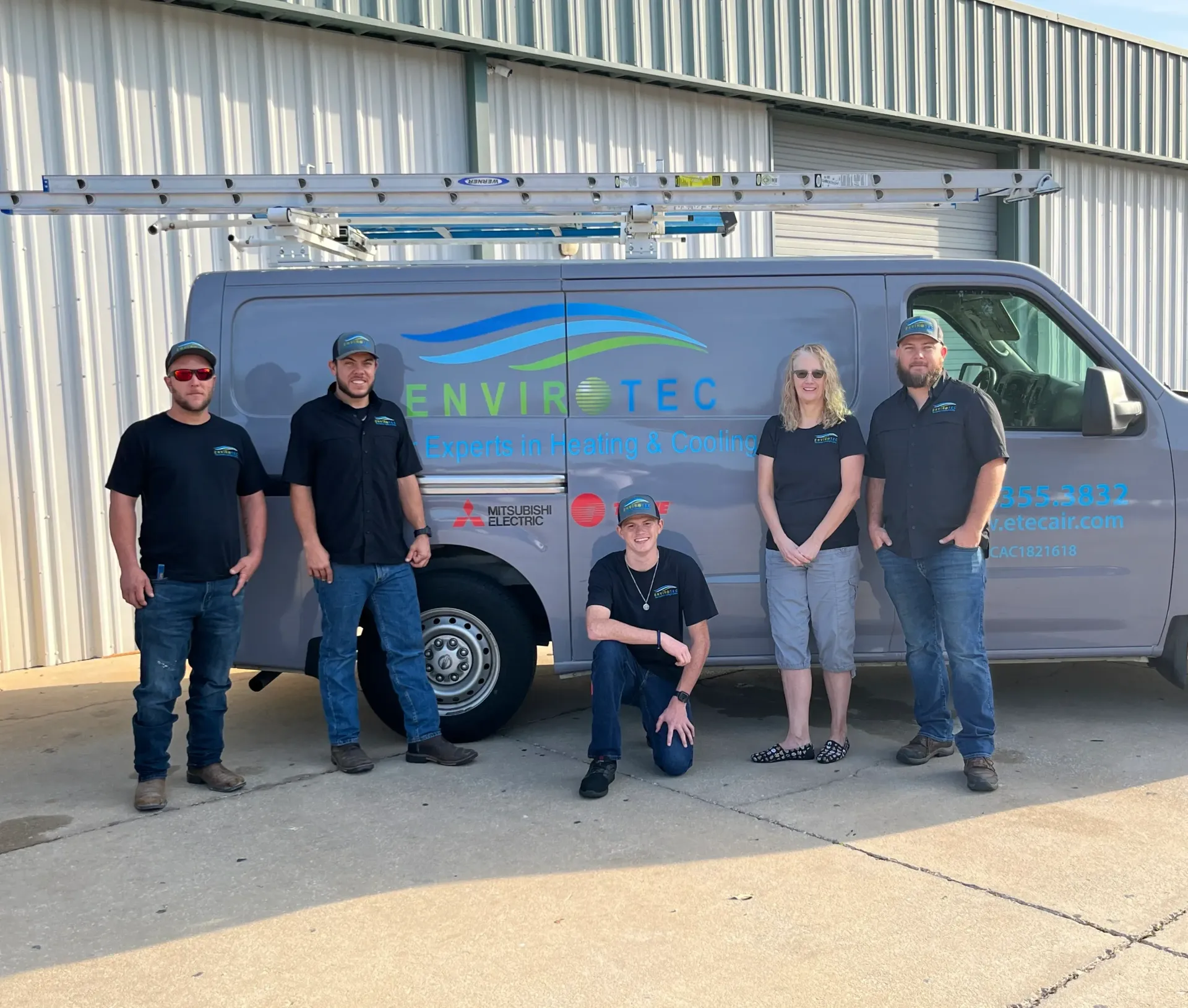Keep Your Air Clean: How Often to Change Your AC Filter
Introduction
Keeping your indoor air clean isn't just about opening windows or investing in fancy air purifiers. It starts with something surprisingly simple—your AC filter. If you've ever noticed a musty smell, persistent dust, or even worsening allergies at home, your air filter could be the hidden culprit. Yes, it's that crucial.
Understanding how often to change your AC filter is key to maintaining a healthy indoor environment, improving your HVAC system's performance, and keeping your energy bills in check. Whether you're a homeowner, tenant, or business operator, mastering this basic maintenance task will pay off in cleaner air and peace of mind.
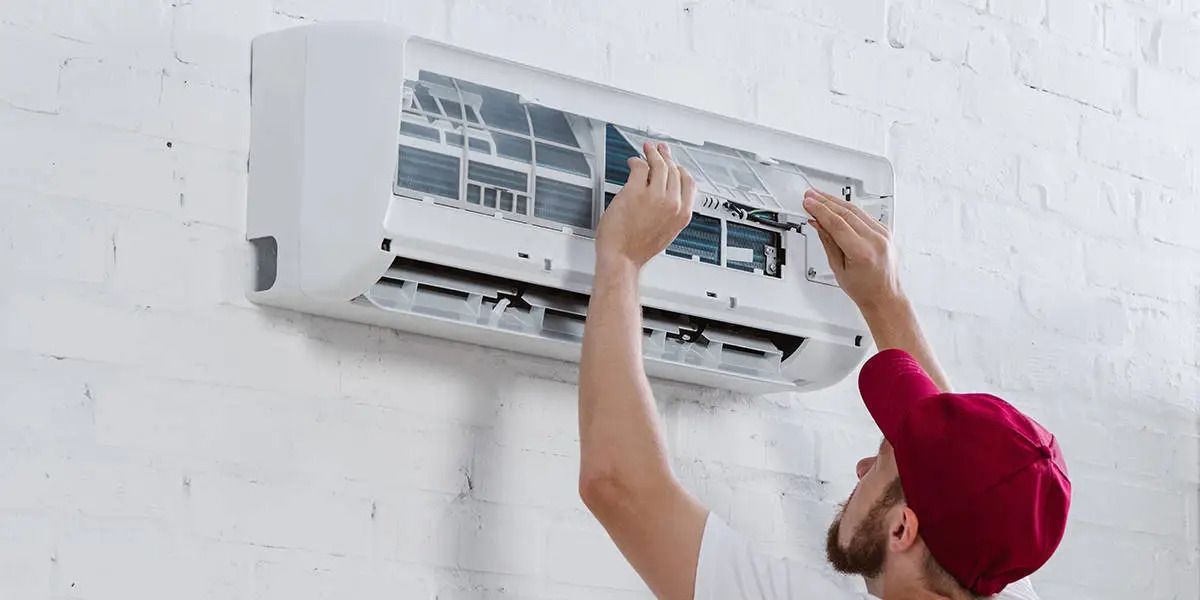
What Does an AC Filter Actually Do?
Air filters serve as your HVAC system's first line of defense. Their main job? Trapping dust, pollen, mold spores, and pet dander that would otherwise recirculate through your home. These filters also protect your HVAC unit from internal damage by blocking airborne particles from entering the motor and fan.
They’re essential for maintaining indoor air quality and prolonging the lifespan of your HVAC system. Neglecting them is like letting your car run without an oil change—things get dirty, inefficient, and expensive very quickly.
Types of AC Filters and Their Lifespan
There are multiple types of AC filters, and each has its own lifespan and maintenance schedule:
- Fiberglass Filters – Low-cost, disposable filters; should be changed every 30 days.
- Pleated Filters – Made from polyester or cotton; last about 60–90 days.
- Electrostatic Filters – Reusable and washable; require cleaning monthly.
- HEPA Filters – High-end with superior filtration; may last 6–12 months in low-dust homes.
Your choice will depend on your budget, allergies, and whether you have pets.
MERV Ratings: What They Mean for Air Quality
MERV (Minimum Efficiency Reporting Value) ratings range from 1 to 20. The higher the rating, the more particles the filter can trap:
- MERV 1-4: Basic residential filters, catch larger particles.
- MERV 5-8: Better dust control, suitable for most homes.
- MERV 9-12: Great for allergy sufferers.
- MERV 13-16: Hospital-level air quality.
- MERV 17-20: Used in cleanrooms or surgical facilities.
Choosing the right MERV rating is a balancing act between air quality and airflow. Filters that are too restrictive can hinder your HVAC’s efficiency.
How Dirty Filters Affect Air Quality
A dirty filter quickly becomes a breeding ground for mold and bacteria. Once clogged, it can't trap pollutants effectively. That means allergens, odors, and toxins get pushed back into your living space—yikes!
Moreover, reduced airflow from clogged filters can create a perfect storm of humidity, dust, and discomfort, turning your home into an allergy hotspot.
Health Risks of Poor Indoor Air
Poor indoor air has been linked to a wide range of health issues:
- Worsened asthma and allergies
- Respiratory infections
- Fatigue and headaches
- Long-term lung damage
In environments like nurseries, schools, or elderly care homes, clean air isn’t just nice—it’s necessary.
Energy Efficiency and Filter Replacement
Your HVAC system has to work harder when the airflow is restricted. That means:
- Increased energy usage
- Higher utility bills
- Accelerated wear on components
According to the Department of Energy, replacing a dirty filter can lower your air conditioner's energy consumption by 5–15%. That's a big deal over the course of a year.
General Recommendations for Filter Change
So, how often should you change it?
- Every 30 days for 1-inch filters in high-use systems
- Every 60–90 days for pleated filters in average conditions
- Every 6–12 months for HEPA filters in low-pollution areas
When in doubt, set a monthly reminder. Checking doesn’t cost a thing.
When to Change AC Filters in Summer
Summer is peak season for your HVAC. With more run-time and pollen in the air, filters clog faster. During these months, check them every 2–4 weeks. If your home feels muggy or dusty, change it ASAP.
How Often to Change AC Filter with Pets
Got a furry friend? Their dander and fur clog filters faster than you'd think. Homes with pets should aim to change filters every 30 to 45 days, especially if your pet sheds heavily or has dander sensitivities.
How Often to Change AC Filter in Apartments
Apartment living doesn't mean you’re off the hook. If you’re responsible for your HVAC system, follow the same 60–90 day rule. However, if your complex has central air, ask the property manager how often maintenance is performed.
How Often to Change AC Filter in Commercial Spaces
Businesses often face higher foot traffic and stricter regulations. A good rule of thumb is to change filters monthly, especially in spaces like salons, clinics, and restaurants.
For businesses needing maintenance help, consider scheduling regular HVAC System Service to stay compliant and clean.
How Allergies and Asthma Affect Filter Schedules
If someone in your household has allergies or asthma, air purity is non-negotiable. Opt for filters with MERV 11 or higher and change them every 20–30 days during allergy seasons.
How Local Air Pollution Influences Filter Changes
If you live near construction zones, highways, or wildfires, your filters will become saturated faster. Don’t wait—check them every 2 weeks during high-pollution periods.
Filter Changes During Wildfire Season
During wildfire season, change filters every 2–4 weeks even if they don’t look dirty. Smoke particles are fine enough to pass through less efficient filters, so consider using a HEPA filter during these months.
How to Tell If Your Filter Needs Changing
Use your senses! Here are signs it's time:
- More dust around vents
- Musty or stale air
- Allergy flare-ups
- Higher energy bills
- HVAC struggles to maintain temperature
Step-by-Step Guide to Replacing Your AC Filter
- Turn off the HVAC system
- Locate the filter compartment
- Remove the old filter
- Check the size printed on the frame
- Insert the new filter (arrows should point toward the unit)
- Close the compartment and restart the system
Choosing the Right Filter for Your HVAC
Not all filters are created equal. Consult your HVAC manual or professional for MERV compatibility. If unsure, speak to a certified technician via the Contact Page to avoid over-restricting airflow.
Cost Comparison: Monthly vs Quarterly Filter Change
Filter Change Frequency Average Annual Cost Energy Efficiency
Monthly $60–$120 Excellent
Quarterly $20–$50 Moderate
Bi-annually $10–$30 Poor
Regular changes pay for themselves in utility savings and system longevity.
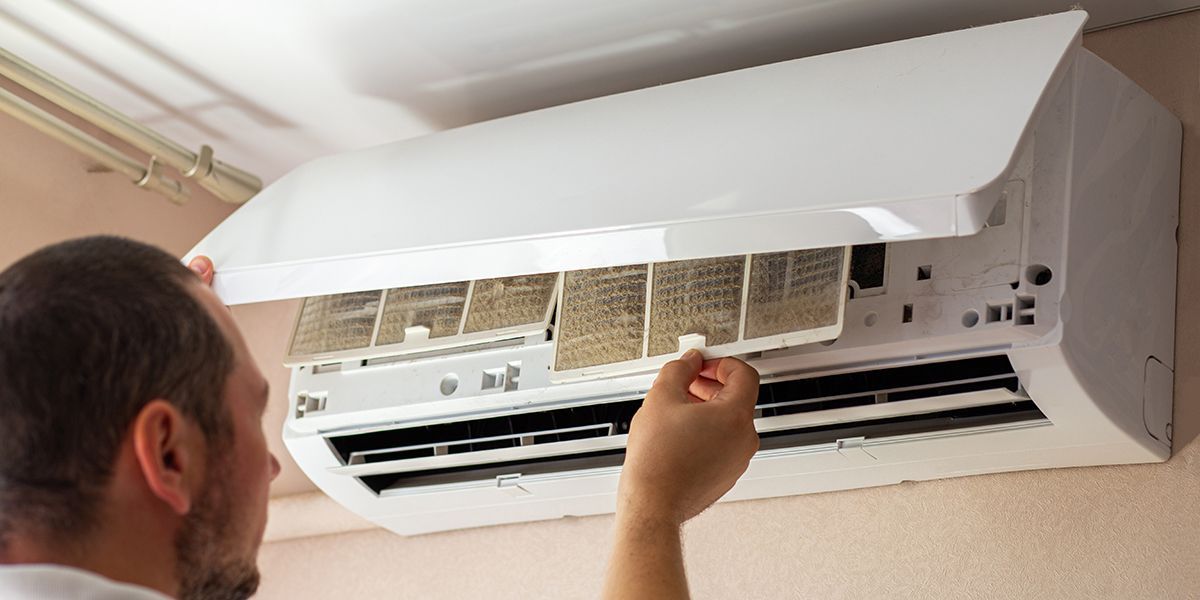
How Clean Filters Save You Money
A clean filter can reduce HVAC runtime, prevent part replacements, and extend your system’s life by several years. It's one of the most cost-effective energy-saving tactics around.
Environmental Benefits of Clean Filters
Less energy = lower carbon footprint. Plus, a well-maintained HVAC reduces the risk of mold and mildew, which can require chemical remediation down the line.
HVAC System Service for Peak Efficiency
Routine maintenance includes:
- Filter inspection
- Air duct cleaning
- Thermostat calibration
We highly recommend scheduling a professional HVAC system service twice a year to keep your air—and system—clean.
What Happens During a Professional Filter Inspection
Expect:
- MERV rating evaluation
- Filter size and airflow check
- Recommendations for upgrades
Many pros also test your air quality on the spot.
Mistakes to Avoid When Changing Filters
- Using the wrong size
- Installing backwards
- Waiting until filters “look dirty”
- Forgetting to turn off the HVAC system
Using Smart Thermostats to Monitor Filter Life
Smart thermostats like Nest or Ecobee track runtime and send filter replacement reminders. They can even adjust usage based on local air conditions.
Air Quality Monitors & Filter Replacement Alerts
Devices like Awair or IQAir track VOCs, carbon dioxide, and particulate matter, helping you stay ahead of problems before they escalate.
Apps That Help Track Filter Changes
Try these:
- FilterEasy
- HVAC Buddy
- SmartAC.com
They send reminders, help you order filters, and log replacement history.
What HVAC Professionals Recommend
Experts suggest:
- Checking monthly
- Upgrading to pleated or HEPA filters
- Pairing filter changes with system inspections
Insights from Indoor Air Quality Experts
IAQ specialists emphasize filter quality over brand and advocate for MERV 13 filters in homes with children, elderly, or immunocompromised residents.
Common Myths About Filter Replacement
- Myth: Filters only need changing once a year
- Fact: That’s true only in rare cases (e.g., vacation homes)
- Myth: Higher MERV = Always Better
- Fact: High MERV can block airflow if HVAC isn’t compatible
FAQs
How often should I really change my AC filter?
Generally every 1–3 months, but monthly if you have pets, allergies, or live in a high-pollution area.
Can I clean and reuse my AC filter?
Only if it’s a washable electrostatic filter. Most filters are disposable.
What happens if I don’t change my filter?
Poor air quality, higher energy bills, HVAC strain, and possible system failure.
Does changing filters improve AC performance?
Absolutely. It improves airflow, reduces strain, and keeps temperatures consistent.
How do I know what filter to buy?
Check your current filter for size and MERV rating, or ask your HVAC service provider.
Should I replace filters during the winter too?
Yes! Your HVAC still circulates air for heating, so keep filters fresh year-round.
Conclusion: A Simple Habit with Big Benefits
Changing your AC filter might seem minor, but its impact on air quality, energy bills, and health is massive. With a small, regular habit, you can breathe cleaner air, spend less, and feel better in your home or office.
Links
